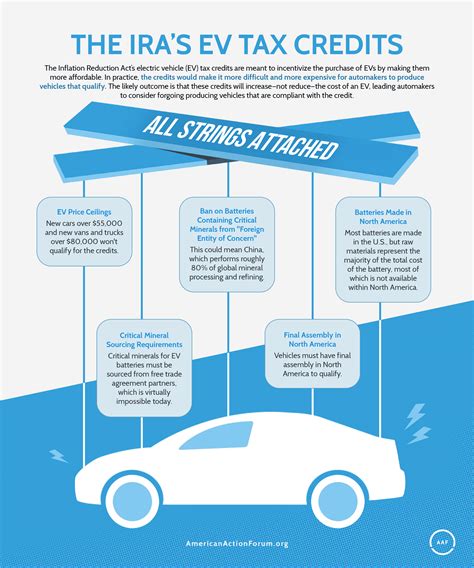In a world where environmental consciousness is at the forefront, hybrid vehicles have carved out a significant niche for themselves. Not only do they offer an efficient alternative to traditional gas-powered cars, but they also come with potential savings through various tax rebates. Understanding these rebates can make a substantial difference in your overall investment, making eco-friendly driving accessible for more people. This article delves into the ins and outs of tax rebates for hybrid vehicles, helping you maximize your savings.
What is a Hybrid Vehicle?
A hybrid vehicle, in simple terms, combines a gas engine with an electric motor. This dual system results in improved fuel efficiency and reduced emissions compared to traditional vehicles. The wider adoption of hybrid vehicles is essential to decreasing our carbon footprint and combatting climate change. As more governments promote green technology, tax rebates have emerged as enticing incentives for consumers.
The Importance of Tax Rebates
Tax rebates serve as financial incentives for consumers to choose environmentally friendly technologies. In many countries, the government offers monetary benefits to encourage the adoption of hybrid vehicles. These rebates can significantly reduce the upfront cost of a hybrid vehicle, making them more appealing to consumers. Alongside the savings from fuel efficiency, tax rebates can make owning a hybrid vehicle financially advantageous.
Types of Tax Rebates Available
Tax rebates for hybrid vehicles vary widely depending on the country and sometimes even the state or province you live in. While not every hybrid vehicle qualifies for a tax rebate, many manufacturers specifically design their models to qualify for incentives. Here are the common types of tax rebates available:
Federal Tax Credit
In the United States, buyers of qualifying hybrid vehicles may be eligible for a federal tax credit. This credit can range from a few hundred to several thousand dollars, depending on the vehicle’s battery capacity and other specific factors. It is important to note that this credit phases out once a manufacturer’s sales reach a certain threshold, so early adopters may reap more significant benefits.
State-Specific Rebates
In addition to federal rebates, many states offer their own incentives. States like California and New York have robust programs designed to reward environmentally friendly purchases. Check the local DMV or tax authority’s website to see what programs are available in your area.
Utility Company Incentives
Utility companies are sometimes encouraged to promote electric and hybrid vehicles to reduce overall energy consumption. They may offer rebates to customers who purchase hybrid vehicles or install charging stations at home. These incentives can add further savings to an eco-friendly investment.
Determining Your Eligibility
Understanding eligibility is crucial to maximizing your savings on tax rebates for hybrid vehicles. Here are some factors that could influence your eligibility:
- Vehicle Model: Not all hybrid vehicles are eligible for rebates. Always check the list of qualifying vehicles provided by your local tax authority.
- PURCHASE DATE: Many rebates are only available for a limited time or contingent upon your purchase date. Make sure your purchase aligns with the rebate timeline.
- Tax Liability: While a tax credit can lower your total tax liability, you need to have a sufficient tax obligation; otherwise, the benefits may be limited.
How to Claim Your Rebates
Claiming rebates should be a straightforward process if you follow these steps:
- Research: Always start by researching eligibility requirements for federal, state, and local rebates.
- Documentation: Keep critical documents, such as purchase agreements and vehicle identification information, organized and accessible.
- Filing Taxes: When you prepare your taxes, include the relevant forms and documentation to claim your rebates.
Environmental Benefits
While financial incentives are compelling reasons to consider hybrid vehicles, it’s essential to remember the broader environmental impact of your choice. Hybrid vehicles contribute significantly towards decreasing greenhouse gas emissions. The more hybrids on the road, the lesser the pollution generated, ultimately creating a cleaner, more sustainable environment.
Conclusion
Maximizing your savings through tax rebates for hybrid vehicles is an essential step in making eco-friendly choices more financially accessible. From federal tax credits to state-specific incentives, understanding your eligibility and the application process is vital to reaping these benefits. As hybrid vehicles continue to gain traction, governments will likely adapt their rebate programs, making it all the more important to stay informed. Choose wisely and drive green—your wallet and the planet will thank you!
FAQs
1. How much can I save through tax rebates for hybrid vehicles?
Your savings can vary significantly based on federal, state, and local incentives, but savings can easily reach several thousand dollars depending on the vehicle and your tax situation.
2. Do all hybrid vehicles qualify for tax rebates?
No, not all hybrid vehicles are eligible. It is crucial to check the list of qualifying models provided by your local tax authority.
3. How do I obtain federal tax credits for my hybrid vehicle?
You must file the appropriate paperwork with your tax return, often using Form 8834 for qualified electric vehicles and hybrids, along with any required documentation.
4. Are there additional savings beyond tax rebates?
Yes, additional savings may come from lower fuel costs, maintenance savings, and potential utility company incentives, depending on your local regulations.
5. Can I combine federal and state tax rebates?
In many cases, yes; you can combine state and federal rebates, provided you meet each program’s eligibility requirements.
Feel free to modify or expand on any sections to suit your needs better!
Download Tax Rebate Hybrid Cars
